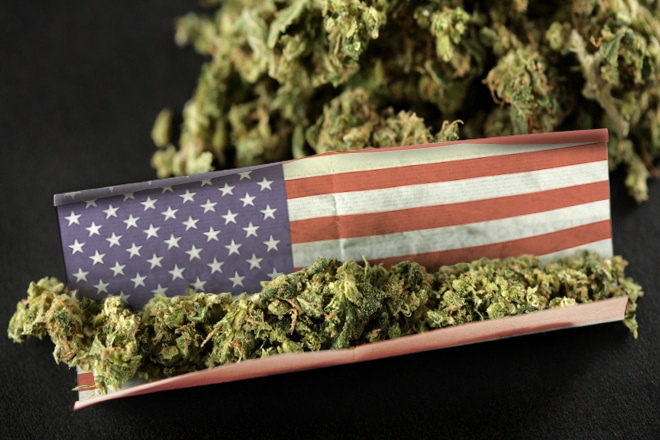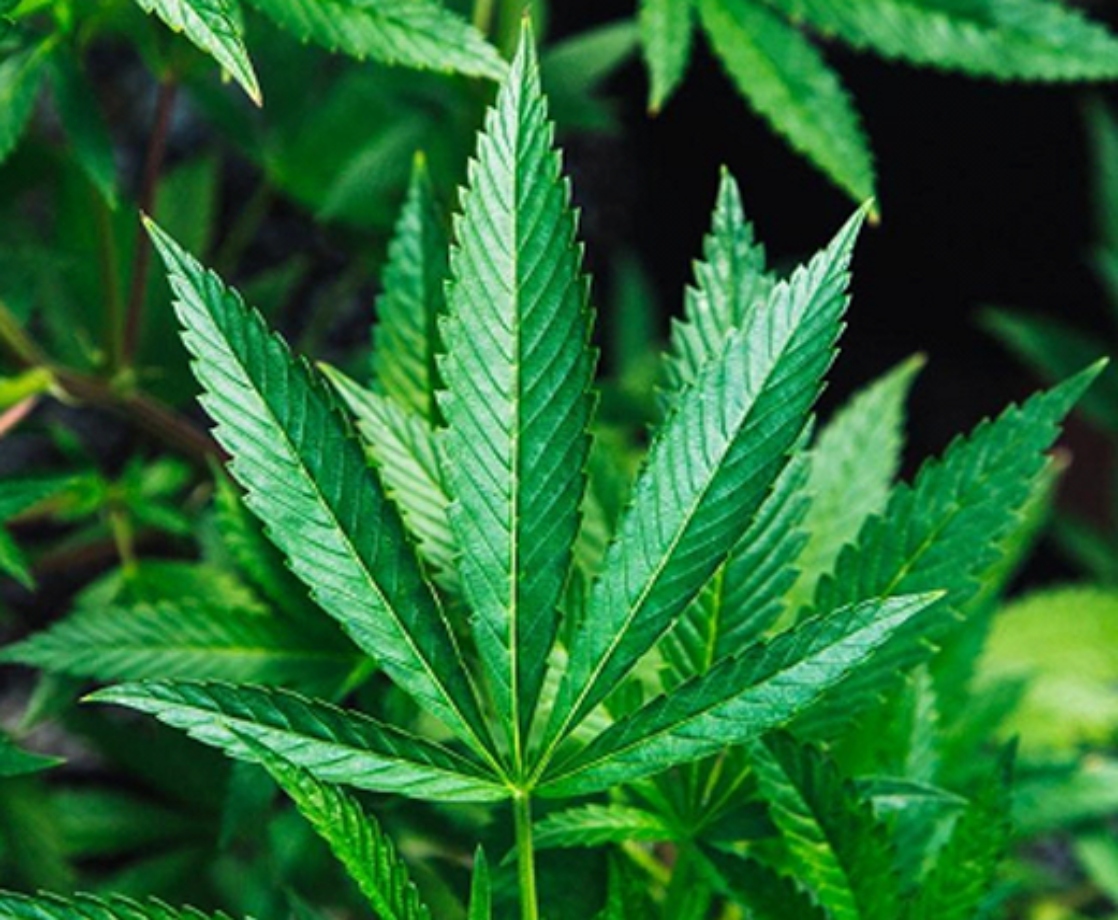Last week, Peru voted to legalize medical cannabis, joining South American countries like Colombia, Chile, and Brazil in allowing the sale of cannabis products to treat specific medical conditions. The bill received support from the majority of the country's Congress, passing with 68 votes, with only five opposing and three abstentions. “Science is on our side, the regional current is on our side,” said Congressman Alberto de Belaunde, the author of the bill, to his fellow legislators before the vote. “Let's not let our fears paralyse us."
The bill will become law in 60 days, giving legislators two months to draft regulations for the production and sale of medical cannabis. Lawmakers are planning to introduce a confidential registry for patients that allows doctors to diagnose an individual's illness and recommend a form and dose of medical cannabis. Cultivation and production licenses will be granted to state institutions and universities, who will also be permitted to conduct medical research on the drug.
The debate over medical cannabis began in earnest this February, after Peruvian law enforcement raided a makeshift lab where marijuana was being made into oils for medical use. The lab was created by Buscando Esperanza, a group of mothers who were preparing the cannabis concentrate to treat children suffering from epilepsy, cancer, and other illnesses. The raid on the mothers and their children's medicine kicked off a public outrage, and protesters and celebrities alike demanded that the country legalize medical cannabis.
Although pleased by the passage of the law, Buscando Esperanza is concerned the legislation does not go far enough. “We feel dissatisfied with the law because it doesn’t prioritize the patient’s needs,” said Dorothy Santiago, one of the founders of the organization. “They are authorizing the imports that don’t benefit us because only the wealthy will be able to afford these benefits, as usual.” Santiago also expressed concerns that pharmacies will not be able to prepare a custom blend of cannabis strains for each child, like her group had been doing before the raid.
De Belaunde said that he hopes to include a provision in the regulations that would allow patients' organizations like Buscando Esperanza to produce their own oils, possibly in partnership with educational institutions. The legislator said he is also working to clear the criminal records of mothers from the organization who were prosecuted for drug trafficking.











